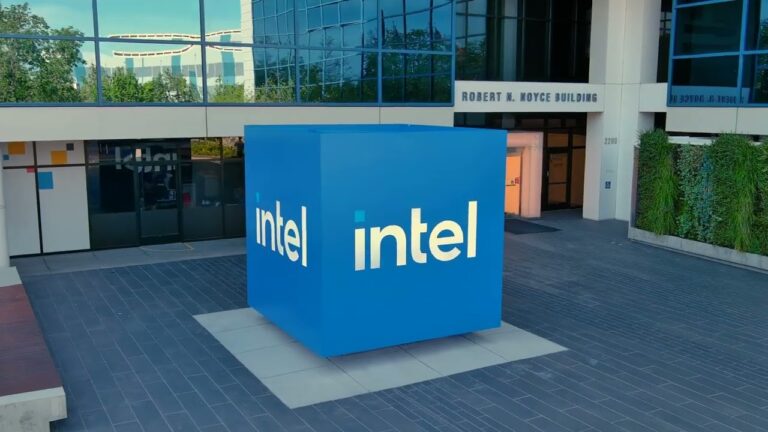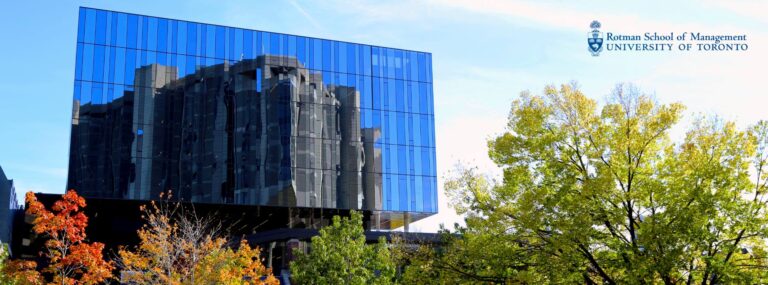The Gulf Cooperation Council (GCC) nations have been able to sustain financial and monetary stability, as highlighted by the Governor of Qatar Central Bank (QCB) Bandar bin Mohammed bin Saoud Al-Thani. Delivering his speech at the first annual conference of GCC Central Bank Governors in Qatar, the governor highlighted how a fixed exchange rate policy will help foster stability.
In a discussion session on the effects of exchange rate policies, while debating on which of the exchange rate policies was most suitable to the GCC countries; Sheikh Bandar stated that the fixed exchange rate was the most suitable. He noted that every country is endowed with a different exchange rate policy depending on the structure of the economy of the country in question; however, most of the GCC countries adopted the fixed exchange rate, which has relatively brought a lot of benefits.
QCB Policy Benefits
The recent developments in QCB governor illustrated that the fixed exchange rate policy has drawn the attention of foreign investors as well brought about the conservation of domestic capital while also keeping inflationary pressures under check. It has also redefined the cost of big projects and has in the process synchronized the economic fluctuations of the region. In this case, excluding the key disadvantage such as limited monetary independence in comparison with the advantages of the policy, Sheikh Bandar coming to the conclusion that the advantages prevail.
He said the current exchange rate policy has helped in the attraction of investments and the achievement of the diversification of the economy. The stabilization of the exchange rate has reduced fluctuations in currency and this in turn has reduced the risks that are associated with it.
Sheikh Bandar also pointed at the experience of GCC countries that, despite the fact that they export mostly oil and have high interest rates that vary between 5% and 6%, they have been able to retain relatively low inflation rates compared to such international rates ranging between 9% and 10%. He note, that the monetary policy in the region has contribute to the achievement of the inflation objectives.
The Governor of the Saudi Central Bank, Ayman Al-Sayari concurred emphasizing that the system was vital to maintain the fixed exchange rate given that the region relies on oil exports and import prices in U.S. Dollars. He said it also assists in taming inflation and fostering economic structural transformation through facilitating long-term resource mobilization.
Oman’s Central Bank Executive President, Tahir Salim Al Amri predicted similar opinions describing the fixed exchange rate as a good foundation of investment. He also indicated that there is a complementarity between fiscal and monetary policies vital for the region’s stability.




+ There are no comments
Add yours